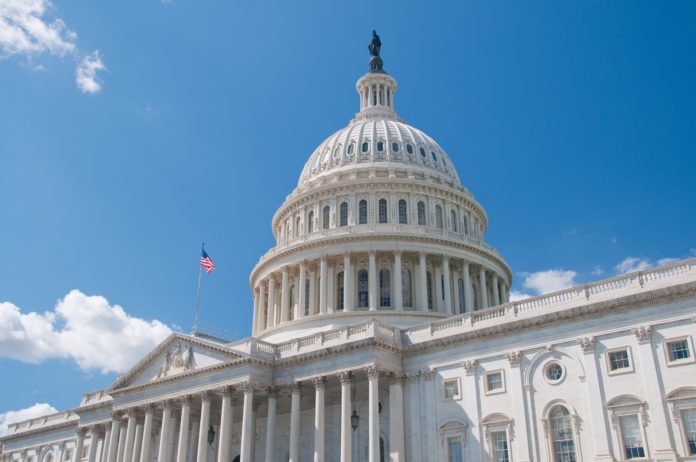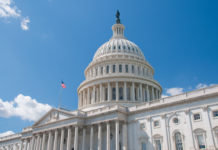Following the release of Congress’ end-of-year continuing resolution package unveiled on December 17, President-elect Donald Trump made clear his opposition, a move that both places key aging services policy wins in the original bill at risk and also raises the specter of a government shutdown. The latter could take place if a deal is not reached and the current funding agreement expires at midnight December 20. Negotiations are ongoing and Republicans have released a slimmed down package that received no input from Democrats.
In preparation for a potential government shutdown, the Departments of Health and Human Services (HHS) and Housing and Urban Development (HUD) have released contingency plans should there be a lapse in government funding. During a shutdown, non-essential services and discretionary programs funded through the Congressional appropriations process must cease operations until new funding legislation is enacted. Essential services and mandatory spending programs, including Medicare, Medicaid, and Social Security, generally continue their operations — although some interruptions to program support functions are possible. You can find a LeadingAge overviews of HHS’s contingency plan here and HUD’s contingency plan here. Additional updates on the year-end funding and policy negotiations will be posted here.




